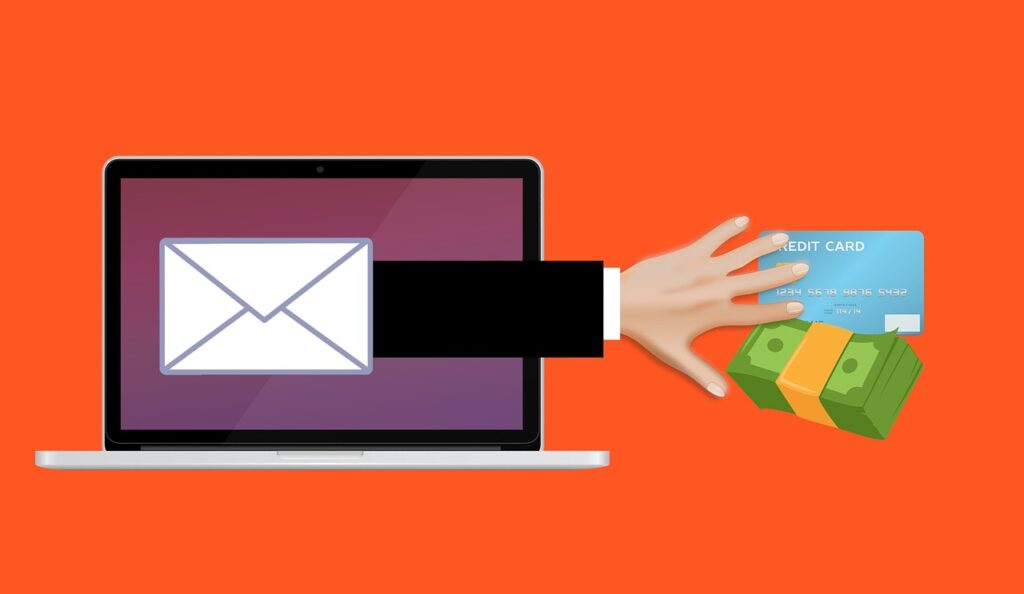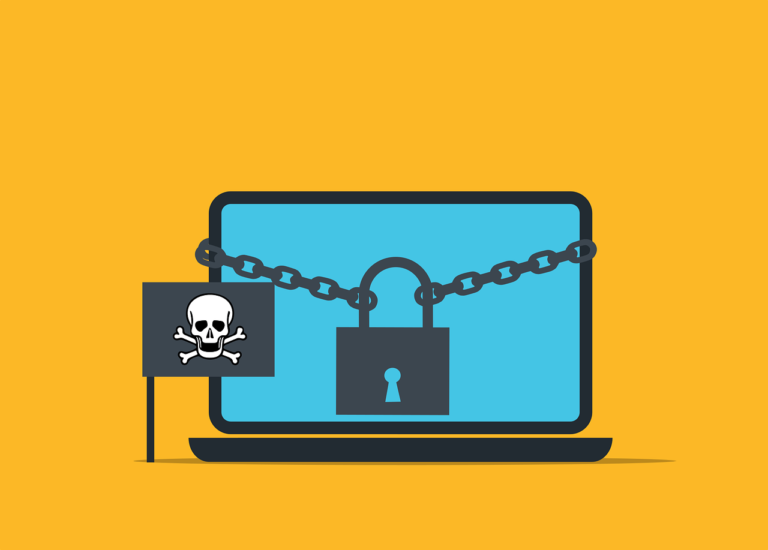WNE Security News
The most important cybersecurity news to stay up to date with
What to Do if Your Data is Compromised in a Data Breach

WNE Security Publisher
1/30/2023

Need Help With Computer Security?
Have it done by experts by clicking the button below to learn more about our computer security service and to schedule a free meeting today!
A data breach can be a distressing and potentially harmful event. When personal information is exposed due to a security incident, it’s important to act swiftly and strategically to protect yourself. Here’s a comprehensive guide on what to do if you find out your data was involved in a data breach.
Confirm the Breach and Understand Its Extent
Confirming the breach involves ensuring the notification you received is authentic. This can be done by contacting the company directly through their official contact information, rather than through links or numbers provided in a potentially suspicious email. Once you’ve confirmed the breach, gather as much information as possible about what data was compromised. This might include personal identification information, financial data, email addresses, passwords, and more. Understanding the type of data exposed helps in determining the potential risks and the specific steps you need to take.
Change Your Passwords
Changing passwords immediately after a breach is crucial. Here are some best practices:
- Use strong passwords that combine letters, numbers, and special characters.
- Avoid common words or easy-to-guess combinations like “password123”.
- Each account should have a unique password to prevent a breach on one account from affecting others.
- Consider using a reliable password manager to keep track of your passwords.
- Where available, enable two-factor or multi-factor authentication to add an extra layer of security beyond just the password.
Monitor Your Financial Accounts
Keep a close eye on all your financial accounts, including bank accounts and credit cards, for signs of unauthorized activity. Report any suspicious transactions to your financial institution immediately. They can help by tracking the activity, reversing charges, and possibly issuing new account numbers or cards. Regular monitoring helps in catching fraud early, minimizing potential damage.
Place a Fraud Alert or Credit Freeze
A fraud alert notifies potential creditors to verify your identity before opening new accounts. It’s relatively easy to set up and can be done by contacting any one of the major credit bureaus (Experian, TransUnion, or Equifax). A credit freeze is more comprehensive, locking down your credit reports entirely. This prevents creditors from accessing your credit report, which in turn makes it much harder for identity thieves to open new accounts in your name. Freezing and unfreezing your credit can usually be done online through the credit bureaus.
Check Your Credit Reports
Regularly reviewing your credit reports helps you spot any anomalies or unauthorized accounts. You can obtain a free credit report once a year from each of the three major credit bureaus through AnnualCreditReport.com. Look for inquiries from companies you haven’t contacted, accounts you didn’t open, and debts on your accounts that you can’t explain.
Consider Identity Theft Protection Services
These services monitor your personal information and credit for signs of unauthorized and potentially fraudulent activity. They offer various features, including credit monitoring, alerts on suspicious activities, and assistance in recovering from identity theft. Some also offer insurance to cover certain out-of-pocket costs related to recovering from identity theft.
Document Everything
Maintaining a detailed record of your actions and communications after discovering a data breach is crucial. Document all phone calls, including the date, time, and whom you spoke with, as well as summaries of the conversations. Keep copies of all correspondence, such as letters and emails. This documentation can be invaluable if you need to dispute fraudulent charges, deal with credit bureaus, or take legal action.
A data breach can be a serious concern, but taking prompt and appropriate action can greatly reduce your risk of harm. By following these steps, you can protect your information and respond effectively to the challenges posed by a data breach. Remember, staying informed and vigilant is key to safeguarding your personal data in our increasingly digital world.
Learn more about WNE Security products and services that can help keep you cyber safe.
Have it done by experts by clicking the button below to learn more about our computer security service and to schedule a free meeting today!

Learn More about “What to Do if Your Data is Compromised in a Data Breach” by clicking the buttons below.
Stay updated with WNEsecurity’s news section for the latest in cybersecurity trends, threats, protection measures, and Why I Should be Using Different Passwords for All Online Activities.



